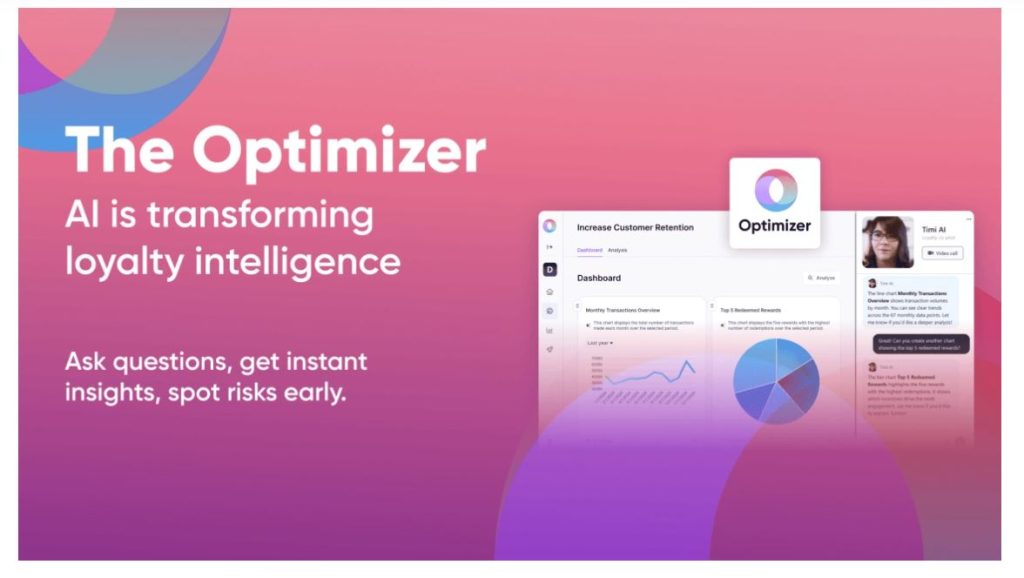Less than a third of UK workers are comfortable being managed by an AI Agent, according to new research shared exclusively with London business newspaper, City AM.
A study from Workday found that over three-quarters of UK organisations are in the process of implementing AI Agents in everyday management functions. This includes 40% who are actively rolling out AI agents, 25% who are in early production, and 13% who are preparing to scale. Only 1% of organisations reported having no plans to deploy them.
Capgemini estimates that fully scaled adopters could achieve £283.8 million in benefits over the next three years, compared with £56.47 million for lower-scale adopters. Globally, AI agents could deliver £334.35 billion in value by 2028 through a combination of revenue gains and cost savings.
While 75% of UK employees are comfortable working alongside AI agents, only 27% are comfortable being managed by one, a figure which is below the global average of 30%. Confidence drops further for sensitive decisions, with 32% reportedly feeling comfortable with AI making critical financial calls, and fewer than one in five willing to accept AI operating in the background without their knowledge. Just 47% view AI agents as “true members of the workforce”.
Despite this, UK organisations have high expectations for performance gains. Ninety-one per cent believe AI agents will improve employee growth and development, 78% expect a better work-life balance, and 79% anticipate higher job satisfaction. More than half also forecast a return on investment within 12 months.
However, significant barriers remain, with four in five organisations globally lacking mature AI systems and fewer than one in five reporting high data readiness. Ethical concerns—including bias, privacy, and accountability—are cited by 43% of UK respondents as a key challenge.
Early use cases show AI agents supporting human resources functions such as forecasting and planning (88%), scheduling (76%), and time tracking (74%). In finance, 77% believe they could help to address talent shortages.
A Microsoft report found that the highest-performing organisations have a defined AI strategy, which enables them to integrate AI agents to reduce repetitive tasks and allow employees to focus on higher-value work. Yet, only 46% of UK leaders report having such a strategy in place.
Image source: Pixabay









